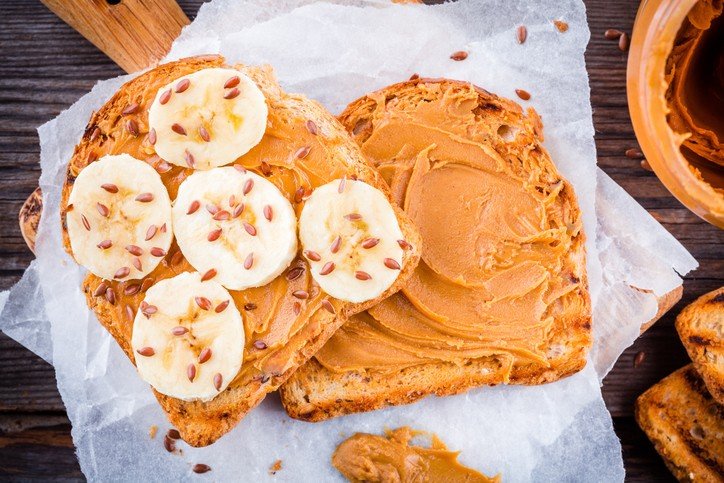
Two notable diet programs have been making noise in the health and fitness industry due to their astounding weight loss results and controversial diet principles. One of them is what we call the vegan diet which promotes eating natural plant-based foods while skipping any animal-based foods altogether.
Meanwhile, the recently popular diet named keto encourages you to eat lots of fat, and even has you eating your favorite bacon! These conflicting ideals make it harder for people to choose which diet program is better when it comes to weight loss. While everyone has different bodies and needs, the usual requirement for this diet is to get 60-75% of your calories from healthy fats, 15-30% of your calories from protein, and the remaining 5-10% from carbs.
The Keto Diet
According to the health experts, the ketogenic diet (also known as the keto diet) is a diet eating plan that focuses on increasing your healthy fats while minimizing your carb intake. The principle behind this diet plan is to put your body in a state of “ketosis” to use your fat as a form of energy. While everyone has different body and their needs, the usual requirement for this diet is to get 60-75% of your calories from healthy fats, 15-30% of your calories from protein, and the remaining 5-10% from carbs.

Keto diet aims to eliminate the false belief that all fats are bad for your health. The healthy, unsaturated fats help aid in your weight loss.
This means you also need to cut down on your fruit intake and sugar (even natural ones) since it’s all equivalent to carbs according to health experts. They also warn keto dieters against eating unhealthy fats like junk foods, fat, and oily foods, though. These unhealthy fats cause your saturated fat to increase, which, in turn, increase your bad cholesterol levels and trigger chronic illnesses like heart disease and stroke.
The Vegan Diet

Many people also differ when it comes to their reasons of living a vegan diet: either they do it for health reasons, religious principles, animal equal rights advocacy, or for environmental reasons.
The strict vegan diet, on the other hand, eliminates all kind of animal-based foods and poultry products like meat, dairy (milk, eggs, and cheese), and even fish. The diet lets you focus on eating plant-based foods like beans and legumes, fruits and veggies. The good thing about this diet is it does not monitor your carb or portion intake.
Which Diet is Better for Weight Loss?
According to Jessica Cording, R.D, choosing the best diet that fits you would actually depend on your eating and lifestyle preferences. For example, if you’re prone to eat more carbs and shift to a keto diet, you’re likely to notice immediate weight loss since you’ll be cutting down your carb intake while overhauling your intake in healthy fats. The same is true if you’re previously a meat lover and decide to go vegan. Cording says cutting many of your problematic foods before shifting in either diet cause you to shed off the excess calories you gained before.
But if we’re talking about which diet will help you shed more pounds and weight faster, Beth Warren R.D says the keto goes on top. According to her, replacing a majority of carbohydrates with healthy fats and protein will help not only in making you feel fuller and satiated, but it also promotes the development of muscle mass which burns the fats in your body and increases your metabolic rate. Warren adds that’s the beauty of the keto diet that other diet programs lack, including the vegan diet.
Go Vegan For Cleansing.

You can still enjoy your favorite burgers, cookies, fries, etc, by creating a healthier, vegan version of these foods.
Warrens says it doesn’t mean you won’t get any weight-loss benefits when you go vegan, though. According to her, if your focus is on getting healthier than having a fitter, muscular, body, then you can focus on eating nutrient-based foods.
Veggies, fruits, and other plant-based protein foods can help improve your health and cleanse your body. Other studies also suggest eating red meat can cause the increase of toxic carcinogens in our body, which leads to cancers and other chronic diseases.
Source: Read Full Article